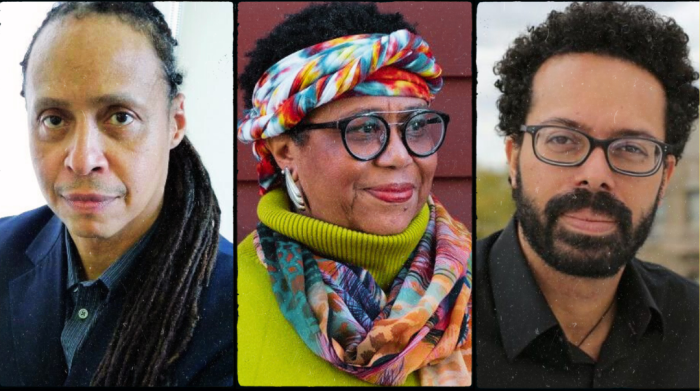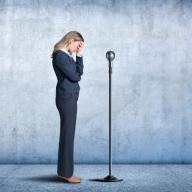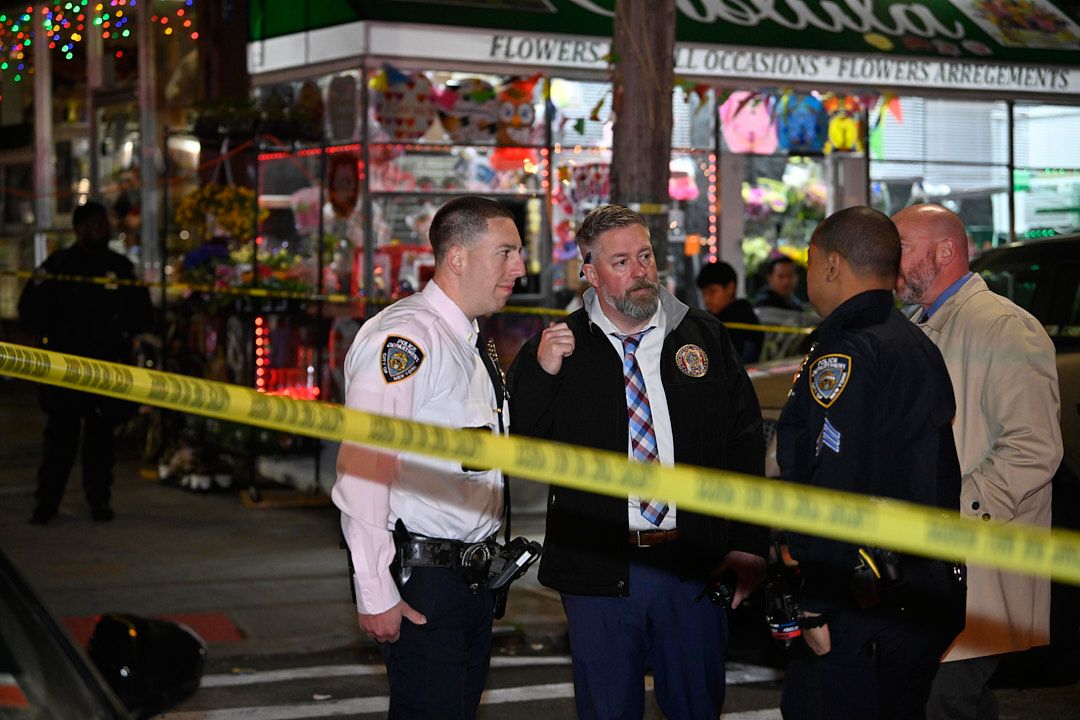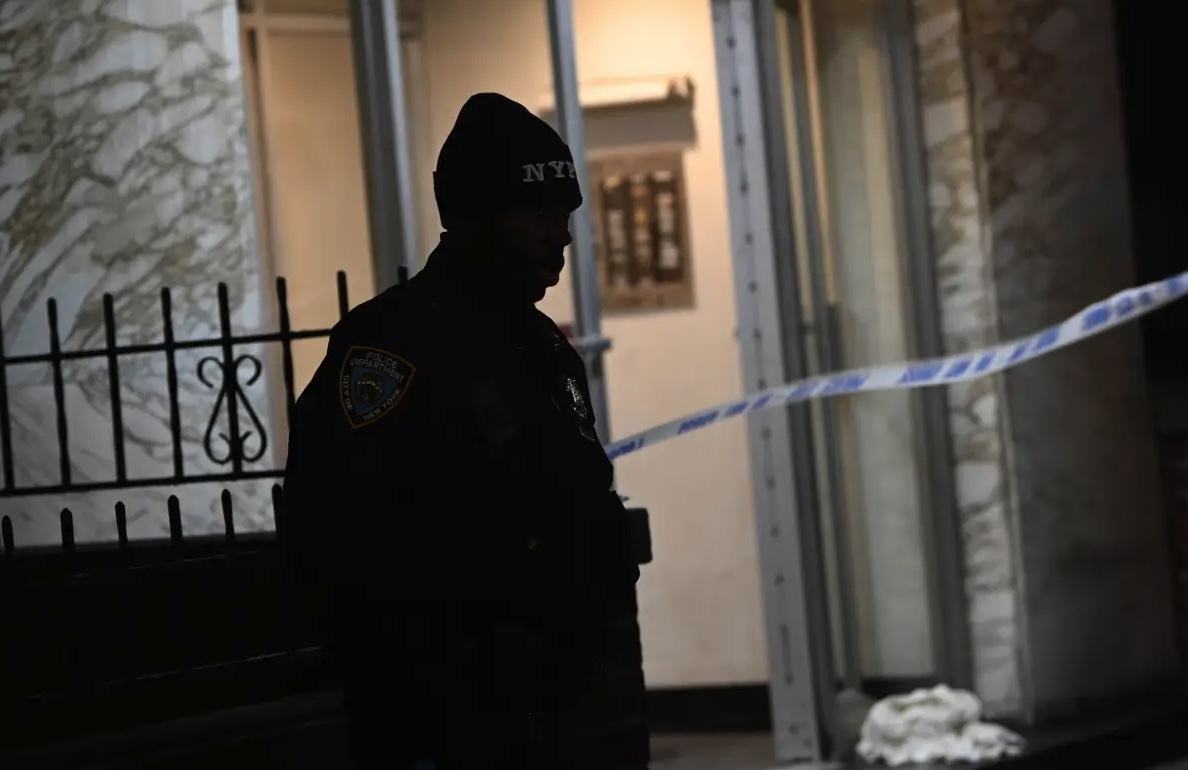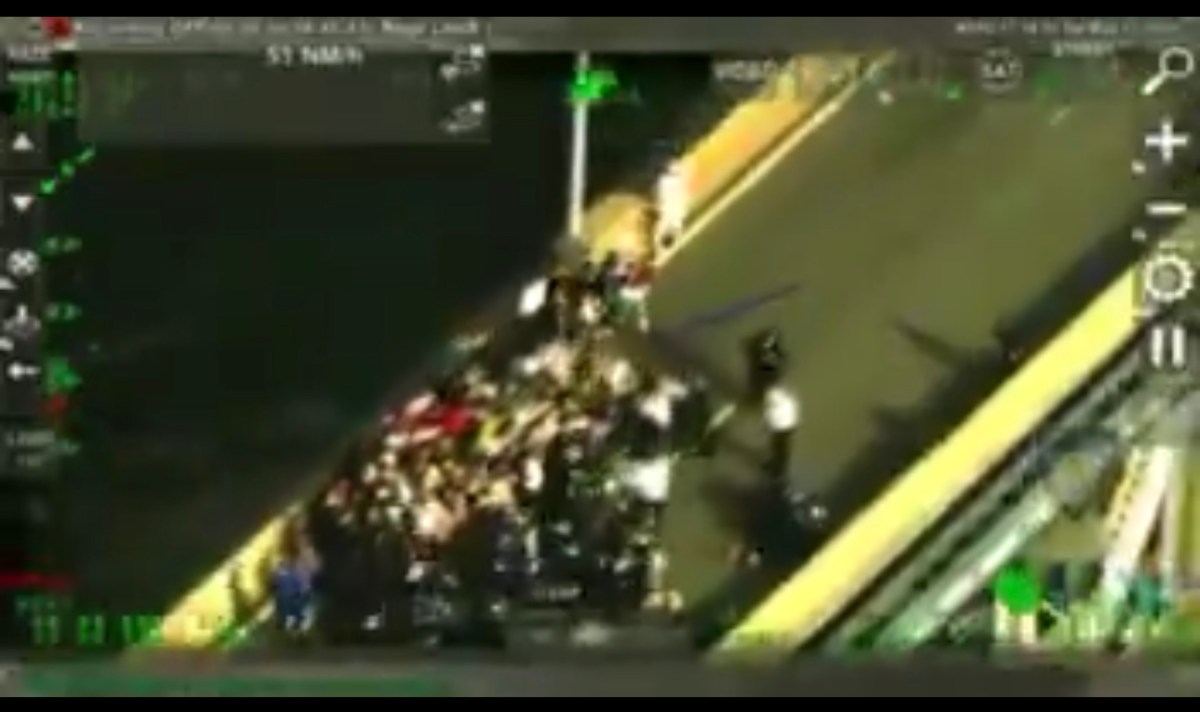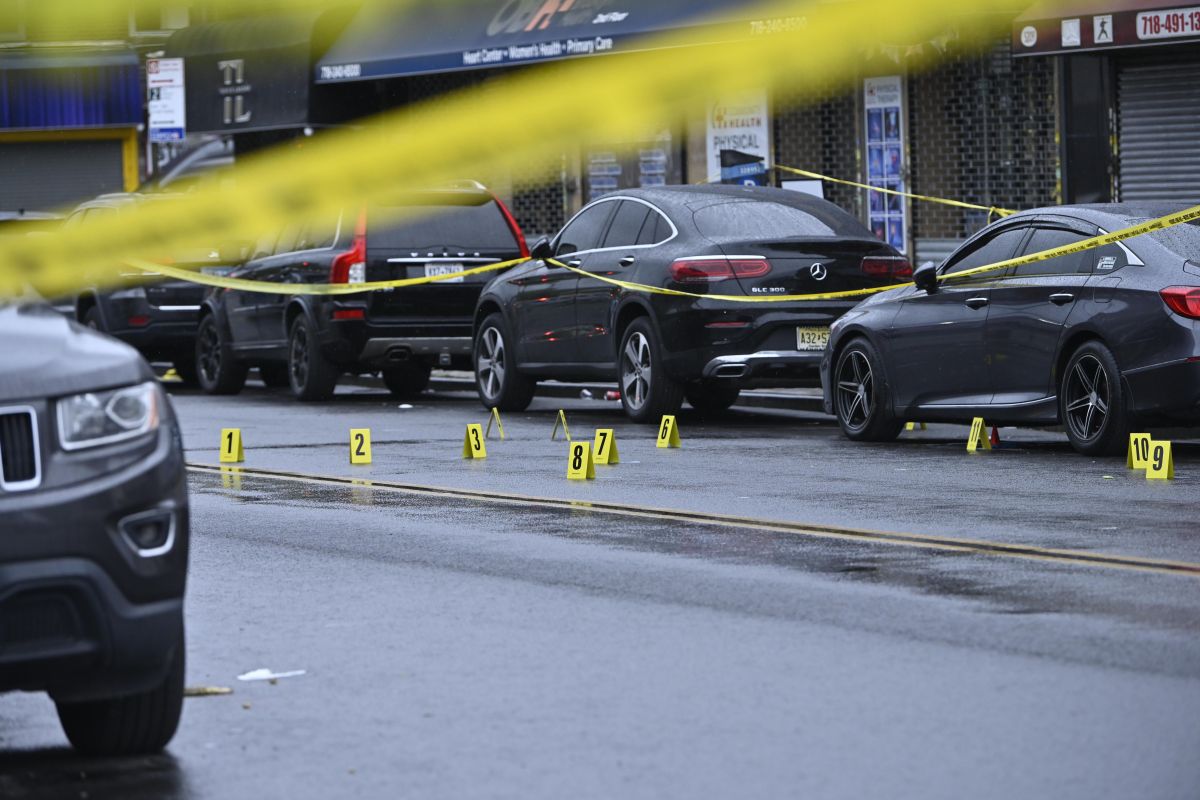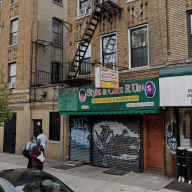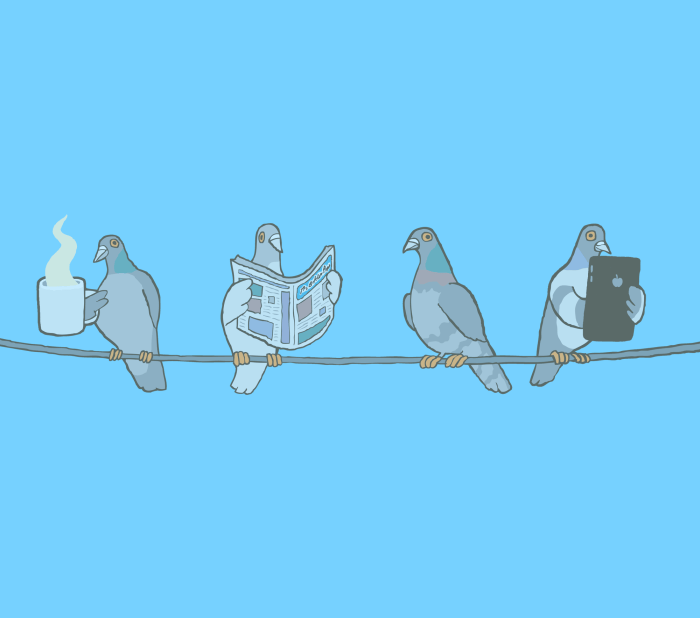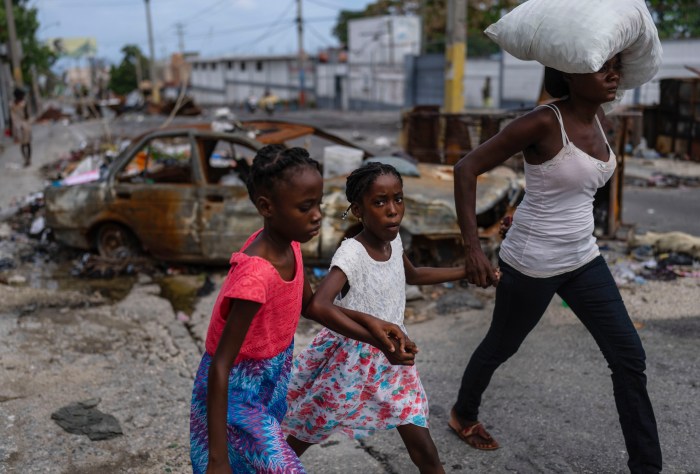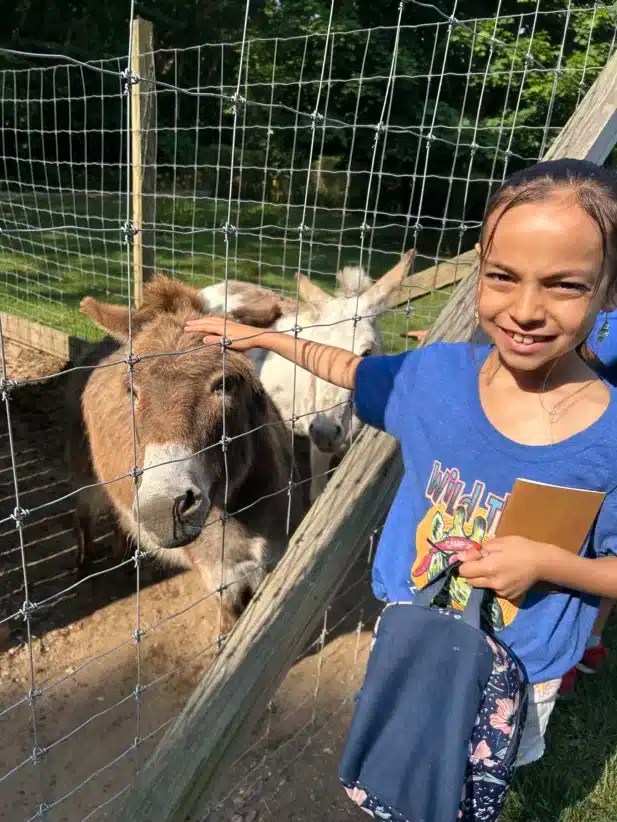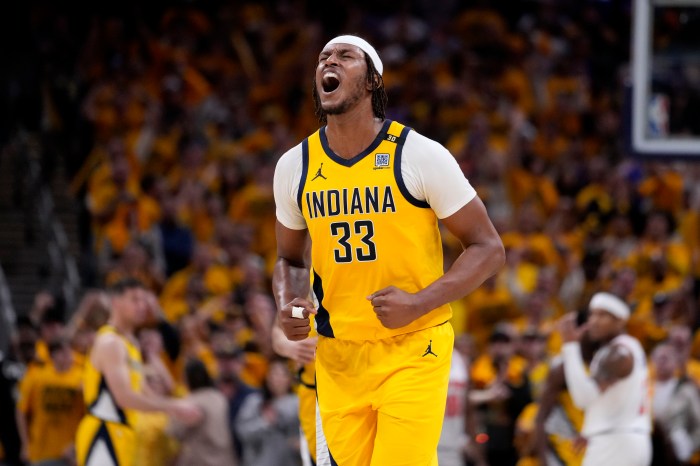As I write this in the middle of the week, a number of Brooklynites have already been identified as having the Coronavirus, though for now I could still count the number on my fingers and toes. The infected are diverse in age, location, and profession, with at least one being an EMS worker.
We have been told the best way to slow the virus’ rapid spread is “social distancing,” which is a polite way of saying “avoid other people whenever possible.” In reality, we have been practicing social distancing for years — now we just have to ramp it up.
My household already orders more delivery than we go to restaurants. A large majority of us are used to getting most of our social interaction through screens now. So, it will just be more of the same: more telecommuting, more huddling together (or apart) in our houses and apartments, and more binge-watching whatever feeds our anxieties.
For the short-term, we will be playing out the predictions of dystopian science fiction, though for many of us, it probably won’t be particularly uncomfortable. I recognize the necessity of these measures, but I also realize that in doing so we are sacrificing our most vulnerable.
NYC public schools are unlikely to close anytime soon. Why? Over a hundred thousand homeless children rely on them for regular meals. College is cancelled, but many college students lack the means to go home. Cruise ships don’t sound too appealing to me, but they still sound better than a homeless shelter or a jail.
Employers and workers in the hospitality and events industries are taking it on the chin, while so many of them lack a social safety net to fall back on. Some of Sunset Park’s dim sum restaurants — extraordinarily community-minded businesses — have already closed, even though very few or none of New York’s infected, so far, are Chinese.
For years, our public spaces — or our “commons” — have been shrinking and dying while we play Farmville or Candy Crush and watch Netflix. It’s easier to snipe at someone online than face-to-face. All the while, the commons not only house our most vulnerable, they are central to who we are as a democratic people, and that’s been true since the Ancient Greeks invented democracy 2,500 years ago.
Eventually this pandemic will end. When it does, we must commit to rebuilding our commons. We’ve got to put more resources into our schools, our libraries and our community organizations. We must remember to eat out more, to travel, and to rub shoulders and talk face-to-face.
In the meantime, we need a government that is committed to protecting the most vulnerable with new programs, because this crisis will be replaced by another soon enough. And the only way that happens is if most of us commit to caring more about our fellow humans — especially the ones we try to ignore or lock away.
Nick Rizzo is a Democratic District Leader representing the 50th Assembly District and a political consultant who lives in Greenpoint. Follow him on Twitter at @nickrizzo.



